As Syrian opposition groups and the Damascus government enter into negotiations over the political future, economic and military ties between Syria and Russia appear set to continue, regardless of the outcome of the discussions.
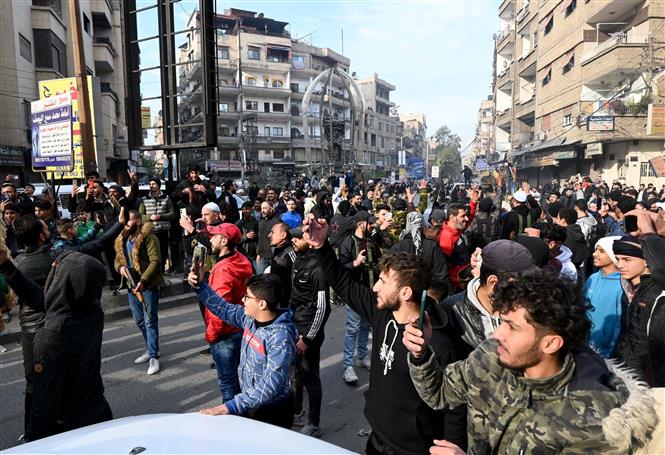
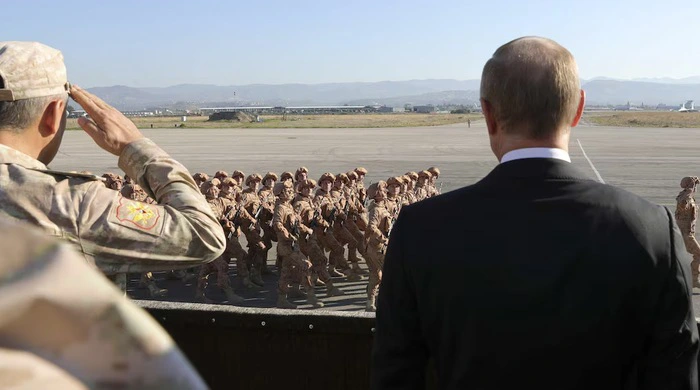
Russia and Syria may continue their partnership. Illustration photo, source: Internet.
Maintaining influence in Syria serves many strategic interests for Moscow. The Tartus and Hmeimim military bases are key to ensuring Russia’s long-term presence in the region. While there may be pressure from the new Syrian government to increase rents, closing the bases is not yet on the table. Syria’s fragmentation also presents opportunities and challenges for Russia. Regions divided by different military groups and states have turned Syria into a geopolitical arena. Russia is using its economic and military influence to consolidate its position and is prepared to work with any successor. Experts say the top priority for any future Syrian government will be economic and social recovery and the reintegration of refugees. Therefore, a partnership with Russia will not only help Syria secure its security, but will also be a key factor in meeting its long-term reconstruction and development needs.





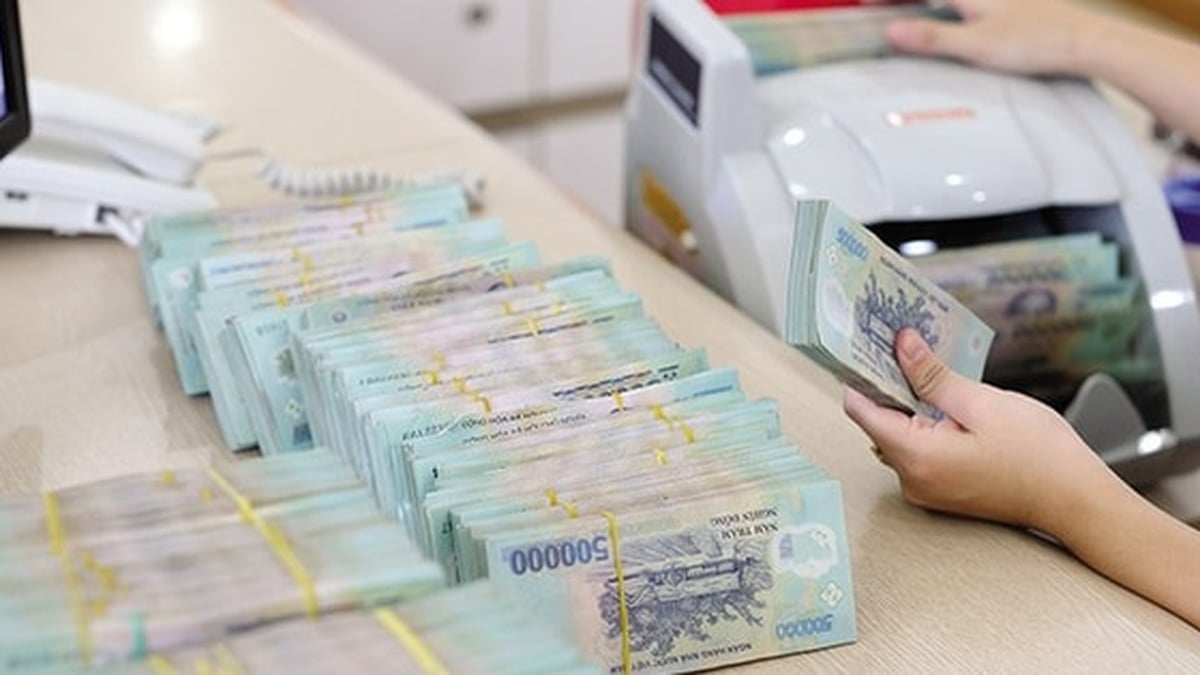
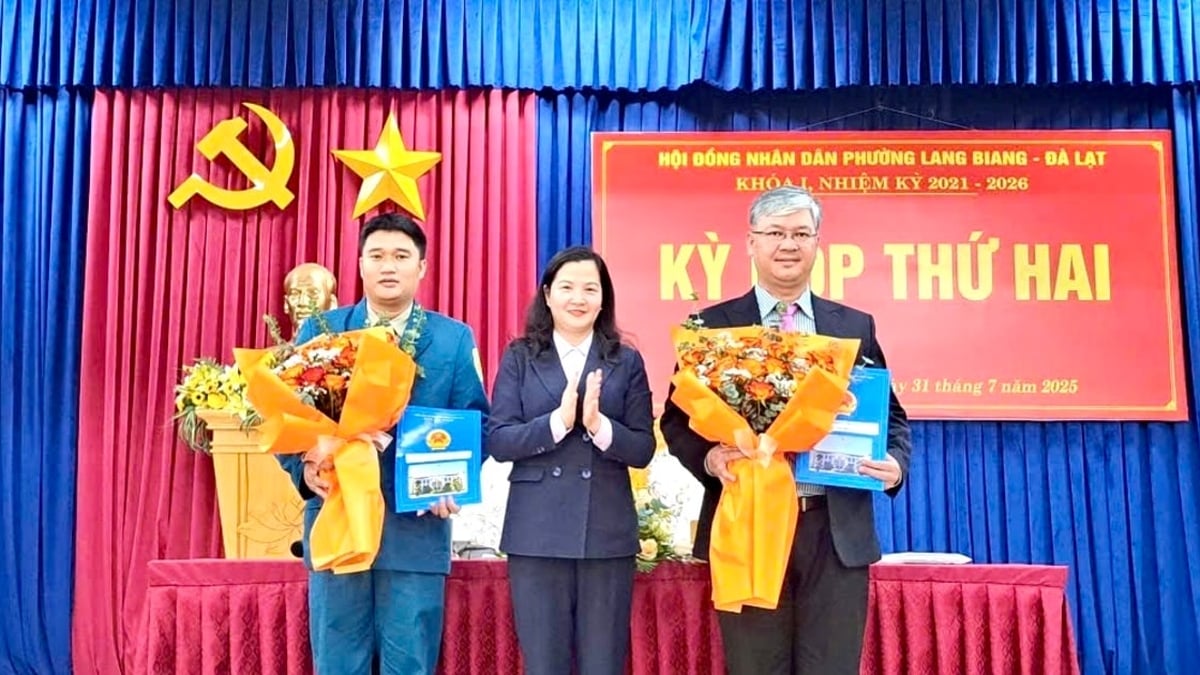
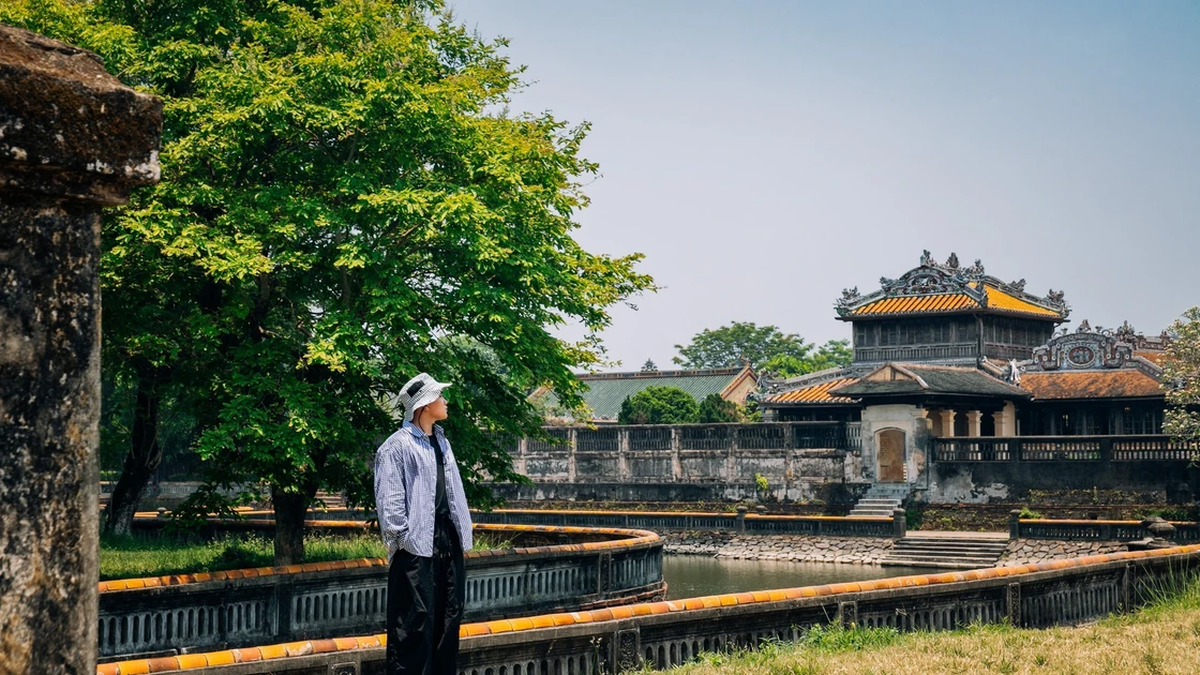
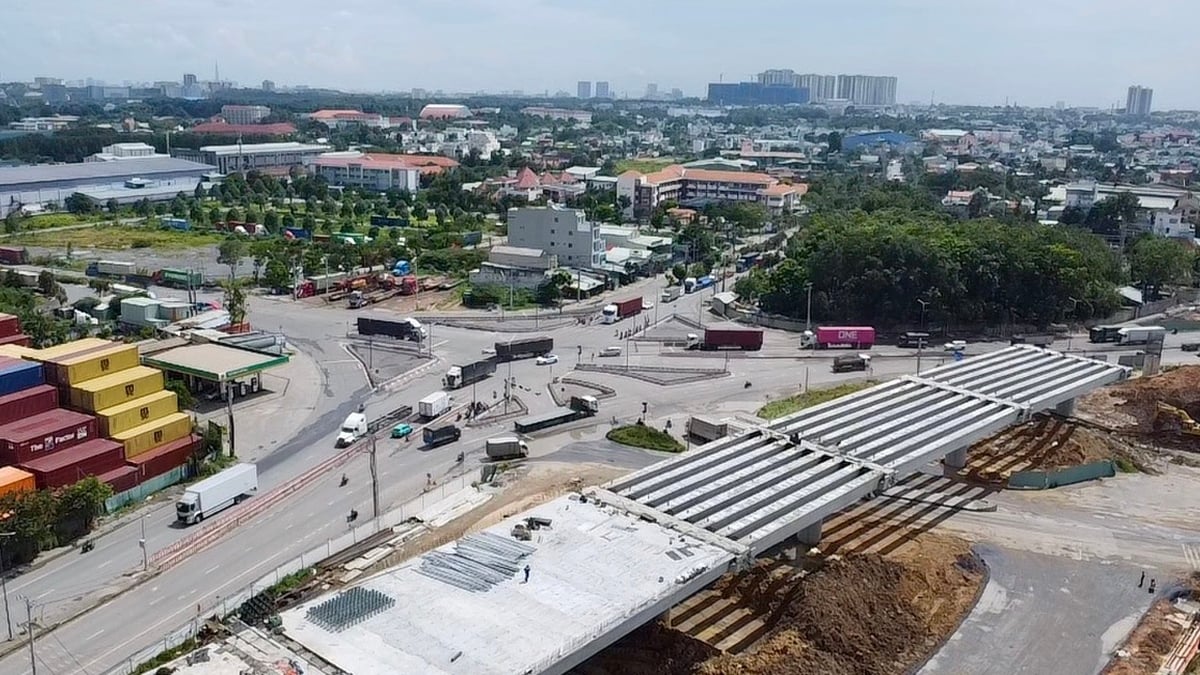

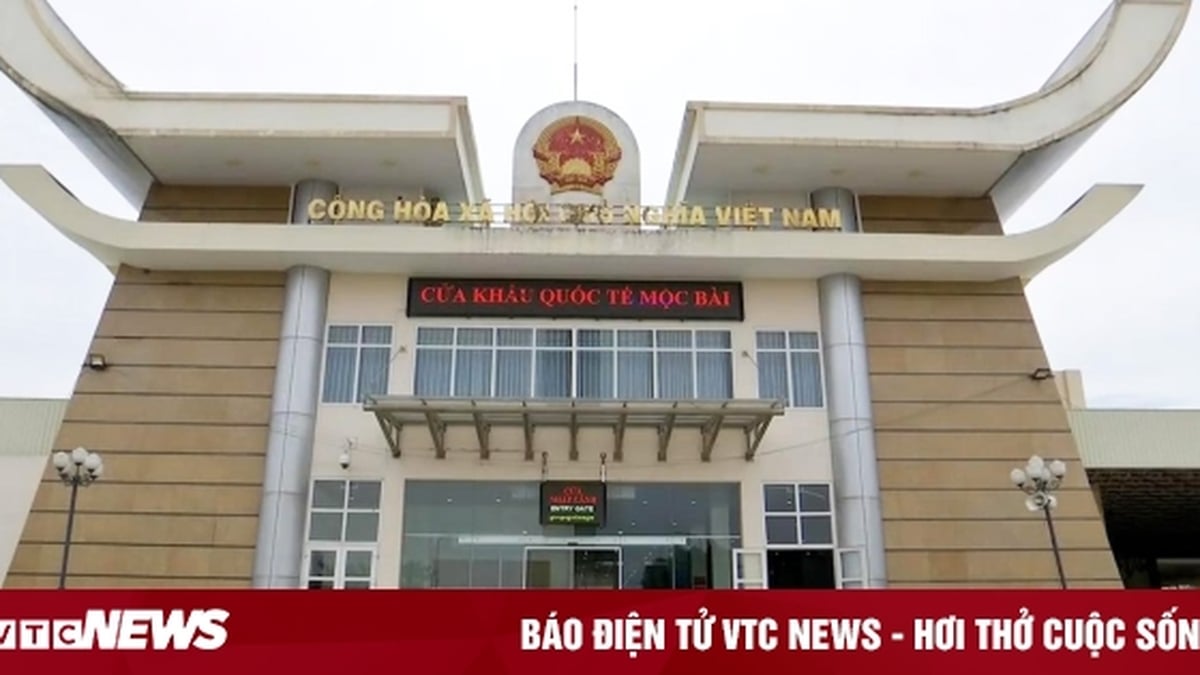







































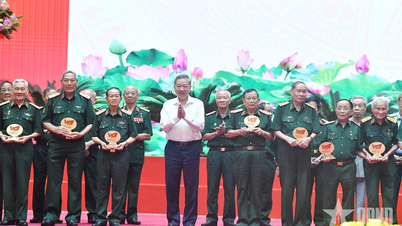






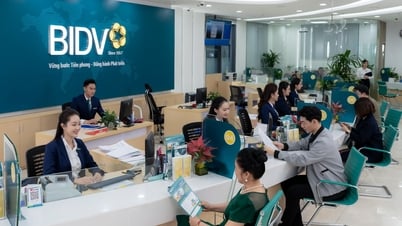

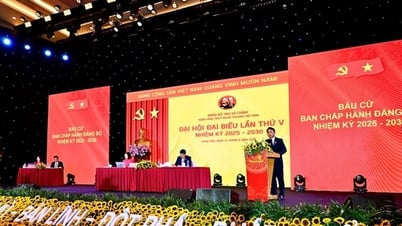
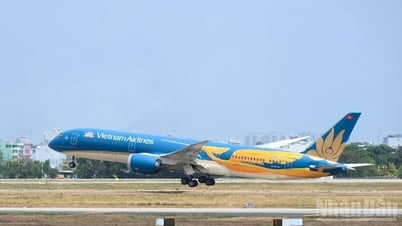


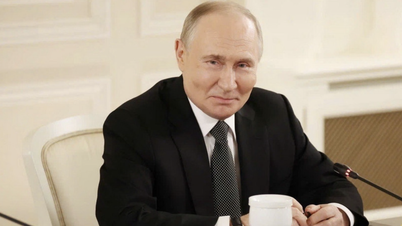
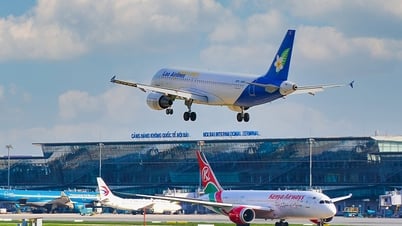
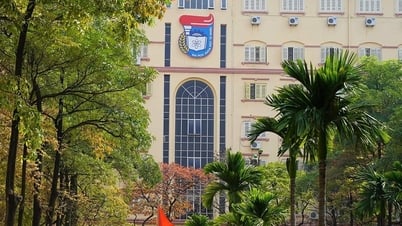

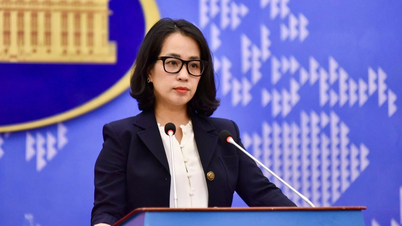
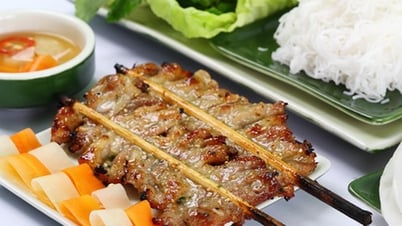



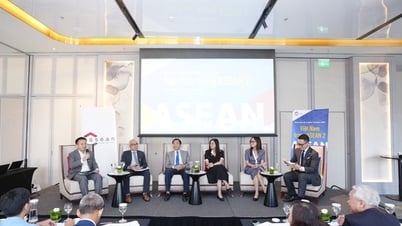
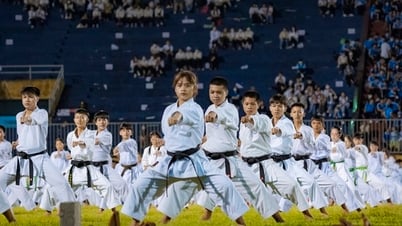
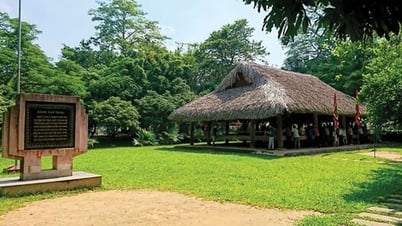
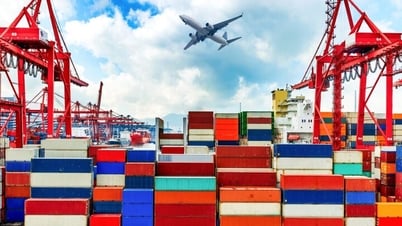








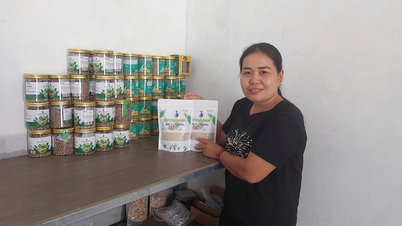










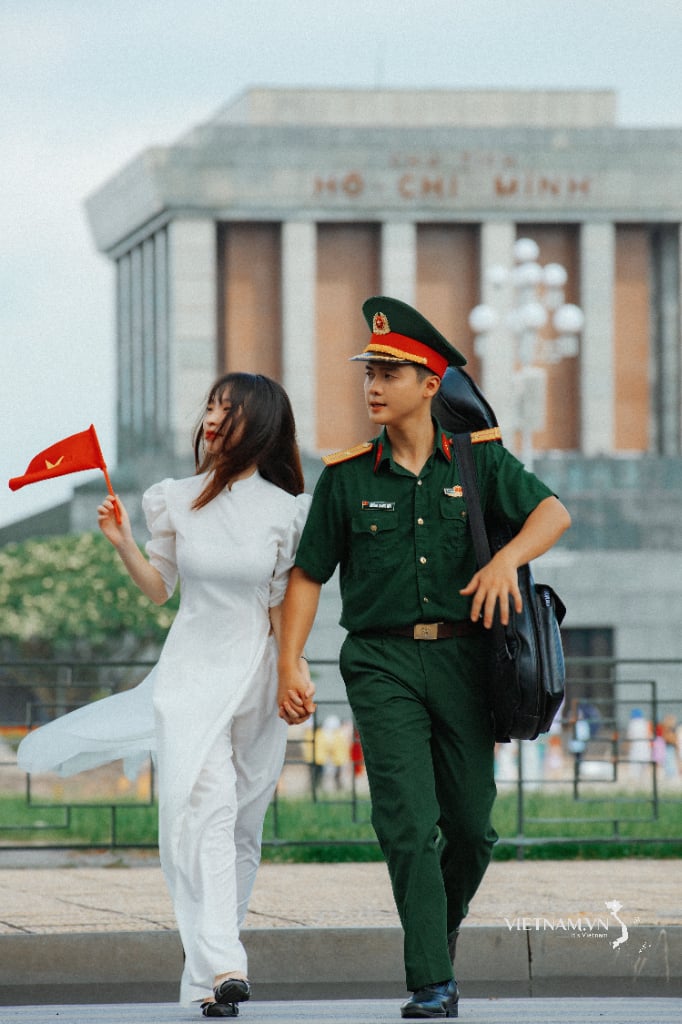
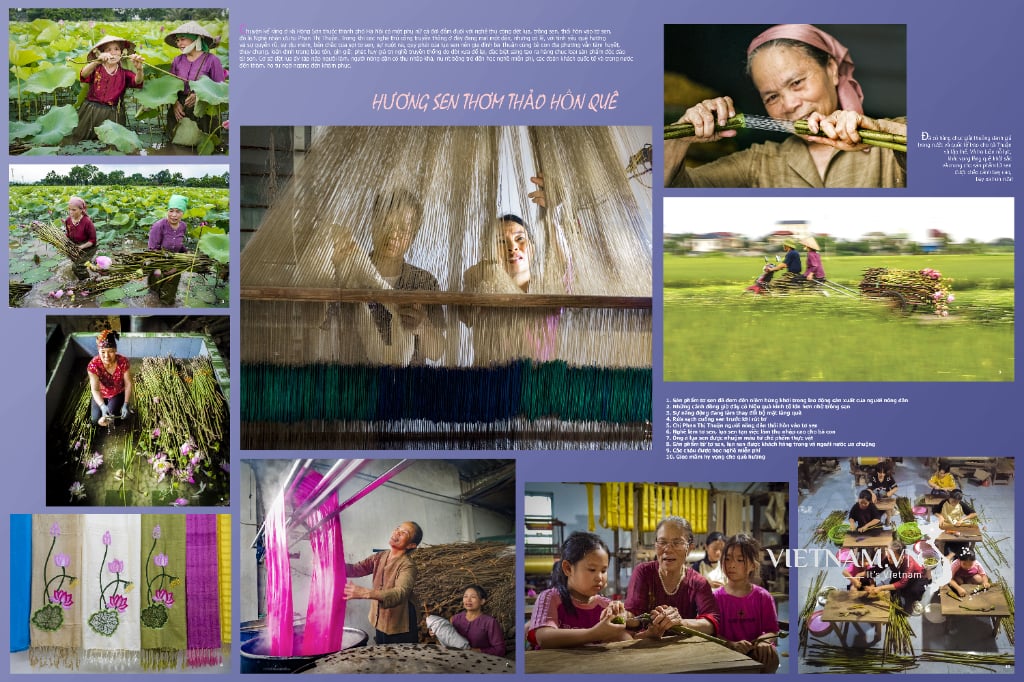

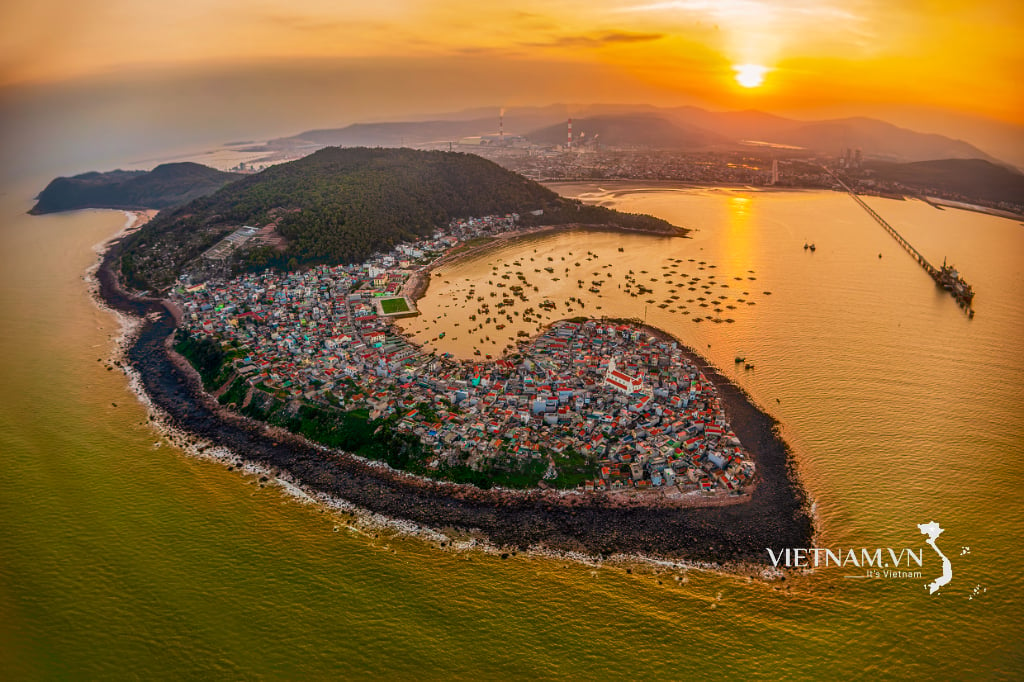
Comment (0)